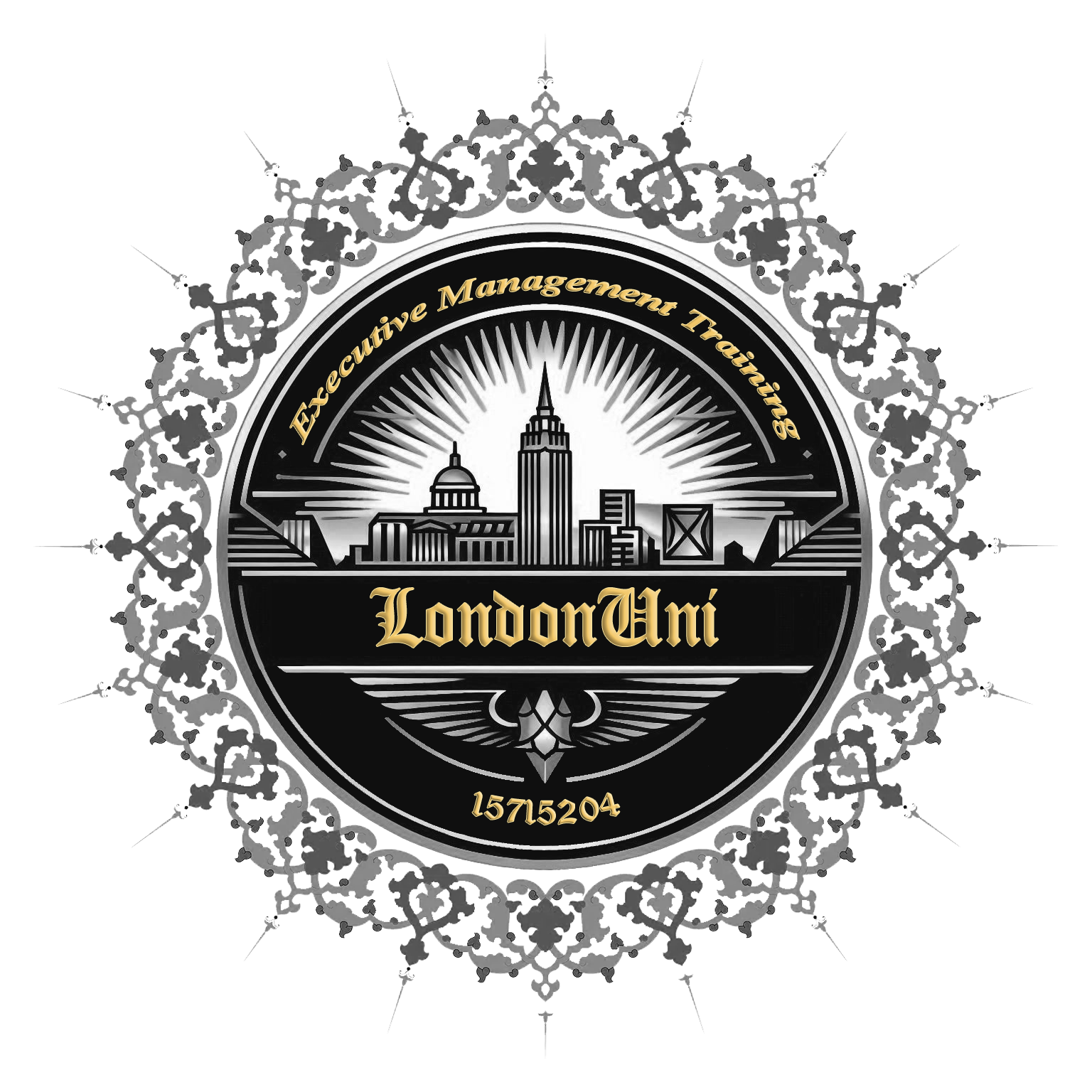
Mentoring in a Corporate Environment
Course ID: 2509220101297ESH
Course Dates : 22/09/25 Course Duration : 5 Studying Day/s Course Location: London, UK
Language: Bilingual
Course Category: Professional and CPD Training Programs
Course Subcategories: Operations and Process Excellence
Course Certified By: ESHub CPD & LondonUni - Executive Management Training
* Professional Training and CPD Programs
Leading to:
Executive Diploma Certificate
Leading to:
Executive Mini Masters Certificate
Leading to
Executive Masters Certificate
Certification Will Be Issued From :
From London, United Kingdom
Course Fees: £5,120.30
Vat Not Included in the price. VAT may vary depending on the country where the course or workshop is held.
Click to Pay
Date has passed please contact us Sales@e-s-hub.com
Course Information
Introduction
Mentoring has emerged as a cornerstone of professional development within corporate environments, fostering growth, enhancing employee engagement, and driving organizational success. As industries evolve at an unprecedented pace, the need for structured guidance and knowledge transfer becomes increasingly critical. Employees are no longer solely reliant on formal training programs; instead, they benefit immensely from personalized mentorship that addresses individual strengths, weaknesses, and aspirations. This course seeks to bridge the gap between theoretical understanding and practical implementation of mentoring, equipping participants with the tools necessary to foster meaningful relationships within their organizations.
In many corporate settings, mentoring is often implemented ad hoc, without a clear framework or strategy. This lack of structure can lead to inconsistent outcomes, missed opportunities for talent development, and even disengagement among mentees. For instance, a case study involving a multinational technology firm revealed that despite having a mentoring program in place, only 30% of participants reported tangible benefits due to poorly defined objectives and mismatched pairings. By addressing these challenges, this course will provide participants with actionable insights into designing and managing effective mentoring initiatives that align with organizational goals.
The theoretical foundation of mentoring draws heavily from established models such as Kram’s Mentor Role Theory, which outlines both career and psychosocial functions of mentoring, and the GROW Model, widely used in coaching contexts. These frameworks underscore the dual focus of mentoring: advancing professional skills while nurturing emotional intelligence and interpersonal dynamics. Understanding these theories not only enhances the credibility of mentoring practices but also ensures alignment with broader human resource strategies, such as succession planning and leadership pipeline development.
For individuals, mastering mentoring techniques translates into enhanced communication skills, greater influence within teams, and the ability to inspire others—qualities highly sought after in leadership roles. Organizations, on the other hand, stand to gain through improved employee retention rates, increased productivity, and a more cohesive workplace culture. A notable example is a global financial services company that saw a 25% reduction in turnover after implementing a robust mentoring program tailored to high-potential employees.
Anecdotal evidence further supports the transformative power of mentoring. Consider the story of Sarah, a mid-level manager who struggled with delegation until she was paired with a senior executive mentor. Over six months, her mentor guided her through self-assessment exercises and role-playing scenarios, ultimately empowering her to lead a cross-functional team successfully. Stories like Sarah’s highlight how mentoring transcends traditional training methods by fostering deep, lasting change.
This course is designed to equip participants with the knowledge and skills to create impactful mentoring programs, whether they are initiating one-on-one relationships or spearheading organization-wide initiatives. By blending theory with hands-on practice, it ensures that participants leave with a comprehensive toolkit for navigating the complexities of modern corporate mentoring.
Objectives
By attending this course, participants will be able to:
Analyze key mentoring theories and frameworks to inform best practices in corporate settings.
Design structured mentoring programs that align with organizational objectives and employee needs.
Evaluate potential mentors and mentees to ensure compatibility and maximize program effectiveness.
Implement strategies for overcoming common challenges in mentoring relationships, such as miscommunication or goal misalignment.
Apply advanced coaching techniques to facilitate meaningful dialogue and personal growth within mentoring partnerships.
Develop metrics and evaluation tools to measure the success of mentoring initiatives.
Reflect on ethical considerations and compliance requirements when establishing mentoring protocols.
Who Should Attend?
This course is ideal for:
HR managers responsible for talent development and succession planning.
Team leaders seeking to enhance team cohesion and individual performance.
Organizational development consultants tasked with improving workplace culture.
Educators transitioning into corporate training roles.
Professionals across various industries, including finance, healthcare, technology, and manufacturing, will find value in gaining expertise in mentoring methodologies. The course is particularly suited for intermediate learners who have some exposure to mentoring concepts but wish to deepen their understanding and refine their application. Beginners with a strong interest in people management may also benefit, provided they are willing to engage actively in discussions and activities.
Training Method
• Pre-assessment
• Live group instruction
• Use of real-world examples, case studies and exercises
• Interactive participation and discussion
• Power point presentation, LCD and flip chart
• Group activities and tests
• Each participant receives a 7” Tablet containing a copy of the presentation, slides and handouts
• Post-assessment
Program Support
This program is supported by:
* Interactive discussions
* Role-play
* Case studies and highlight the techniques available to the participants.
Daily Agenda
Daily Schedule (Monday to Friday)
- 09:00 AM – 10:30 AM Technical Session 1
- 10:30 AM – 12:00 PM Technical Session 2
- 12:00 PM – 01:00 PM Technical Session 3
- 01:00 PM – 02:00 PM Lunch Break (If Applicable)
- Participants are expected to engage in guided self-study, reading, or personal reflection on the day’s content. This contributes toward the CPD accreditation and deepens conceptual understanding.
- 02:00 PM – 04:00 PM Self-Study & Reflection
Please Note:
- All training sessions are conducted from Monday to Friday, following the standard working week observed in the United Kingdom and European Union. Saturday and Sunday are official weekends and are not counted as part of the course duration.
- Coffee and refreshments are available on a floating basis throughout the morning. Participants may help themselves at their convenience to ensure an uninterrupted learning experience Provided if applicable and subject to course delivery arrangements.
- Lunch Provided if applicable and subject to course delivery arrangements.
Course Outlines
Foundations of Mentoring
Overview of mentoring: Definitions, types, and importance.
Key theories: Kram’s Mentor Role Theory and the GROW Model.
Aligning mentoring programs with organizational goals.
Identifying stakeholders and securing buy-in.
Day 2:
Designing Effective Mentoring Programs
Steps to design a structured mentoring program.
Criteria for selecting mentors and mentees.
Matching processes and avoiding common pitfalls.
Setting SMART goals for mentoring relationships.
Day 3:
Building Strong Relationships
Communication skills for effective mentoring.
Techniques for active listening and empathy.
Managing difficult conversations and conflicts.
Fostering trust and psychological safety.
Day 4:
Advanced Coaching Techniques
Applying the GROW Model in mentoring sessions.
Using feedback loops for continuous improvement.
Encouraging self-reflection and accountability.
Motivating mentees toward sustained growth.
Day 5:
Evaluation and Compliance
Metrics for measuring mentoring program success.
Tools for collecting and analyzing data.
Ethical considerations in mentoring relationships.
Ensuring compliance with diversity and inclusion policies.



















































